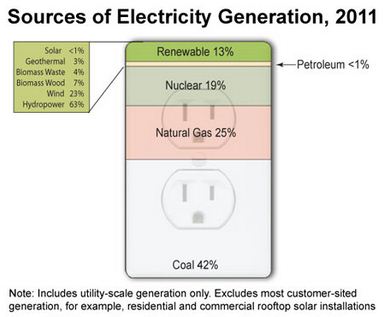A survey by the Washington Post seems to say that most Black and Latino children do care, but simply respond to teachers differently than Whites or Asians.... They don't like to be told what to do... they want to be gently encouraged to learn???
The problem is that other studies show just the opposite.
There is a change occurring in the attitude toward education that is of fairly recent origin. Instead of valuing educational achievement, African Americans, especially a younger generation of African American adults, increasingly see education as a dead end pursuit, irrelevant to their life chances and daily concerns. This rejection of educational achievement has been documented in studies of black learners (Fordham & Ogbu, 1986; Ogbu, 1988, 2003; Solomon, 1992). This research has focused primarily on high school youth.
That's stereotyping! Yes, but even
some of those who are stereotyped recognize that
attitude toward education is a critical component of educational success.
Yet, even
top experts are just not sure why gaps in educational achievement exist... only that they do... and
something must be done about it.
Perhaps it is time to take a new look at school districts that are "failing" the no child left behind concept. Perhaps it is time to address the root cause of failure... the reason more fundamental than money that leads to really bad statistics. Perhaps it is time to address the way the "education system" responds to people who
just don't care or who have
no faith in education to make their lives better.
I know
... it is their
right to be irresponsible
... it is their
right to chose poorly
... it is their
right to reject the education ethic
... it is their
right to pursue sex and a flashy exterior instead of substance
... it is their
right to bring children into this world while they are children themselves.
... it is their
right to neglect their responsibility for their children's educational advancement
... go back to the top of this list for the next generation.
But then, I guess it is
my right to not be too concerned about their future... except that it is likely that they will end up being a burden... one way or another... to all of us.
Perhaps it is time for the rest of us to question those "rights". Perhaps it is time to address the problems differently rather than simply seeing more money as the solution... money is only part of the solution. Perhaps it is time for:
- having pay for performance for administrators... rather than pay for failure
- limiting the percentage of funding for administration versus instruction and facility expenses
- integrating social services into the school process
- involving universities and businesses in the education process... not just "advising" school administration or providing cash donations
- developing a "peace corp" program approach for failing districts
- "nagging" parents into becoming involved... including visits by social services and the "benevolent association of police officers"
- creating "boot camp schools" for students who are disruptive or just won't try
- involving newspapers and broadcasting media in creative ways
Pick one... pick all... pick something.
The law that allows children to leave school before they are 18 or receive a high school diploma is
archaic and irresponsible. The graduation rate should be 100% from either high school, trade school or reform school. Cruising the streets should not be an option.
But what about children who come from abusive families or families that cannot afford to support them through high school? Handle those as exceptions. Get social services involved. The world is not perfect, but the present situation in Detroit and similar school districts is so far from perfect that it is time to start chipping away at the 56% who fail to graduate... for one reason or another.






